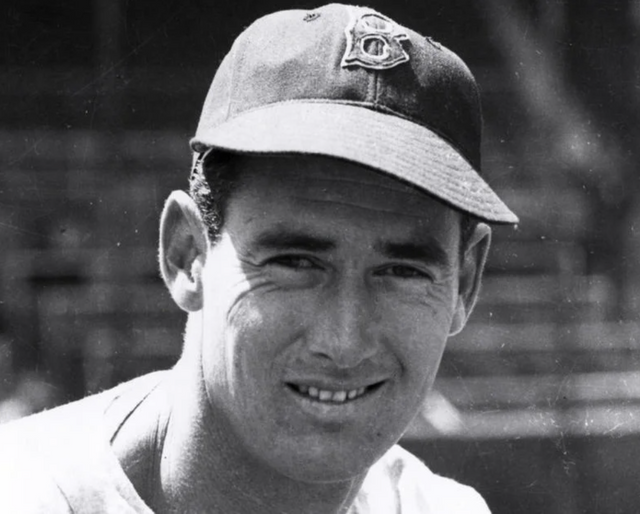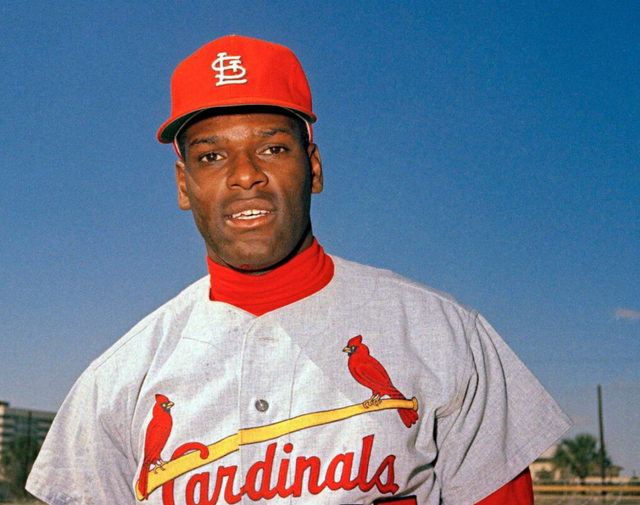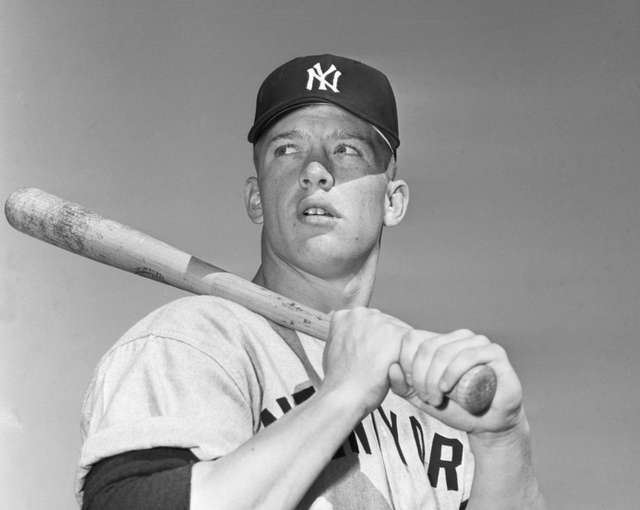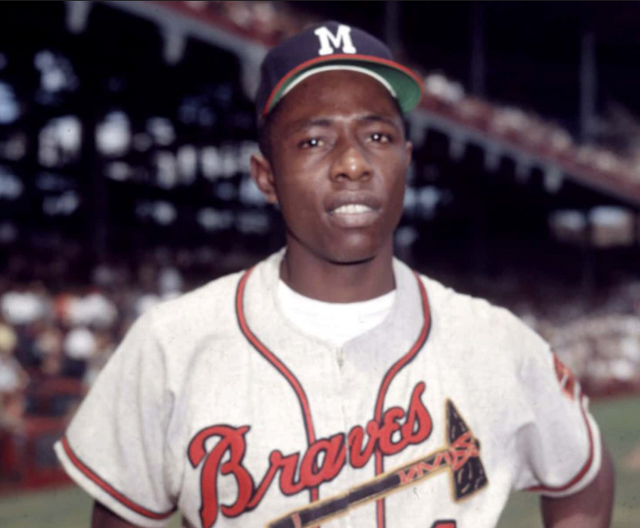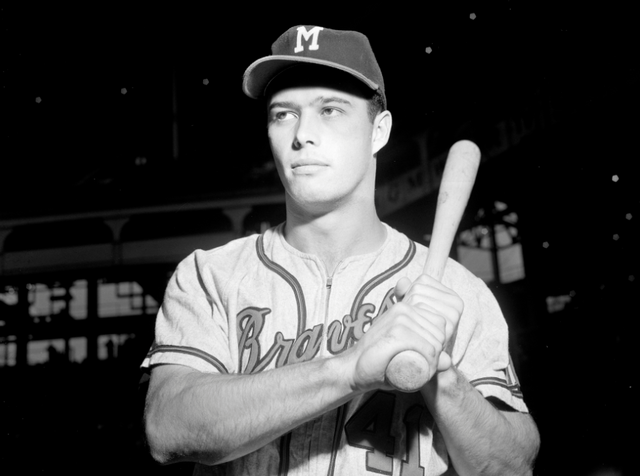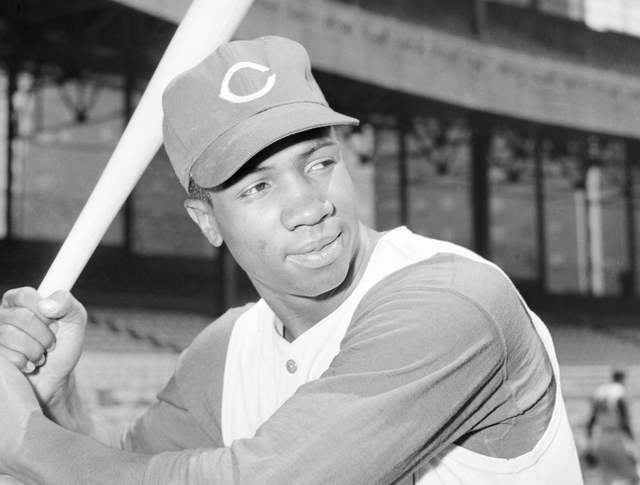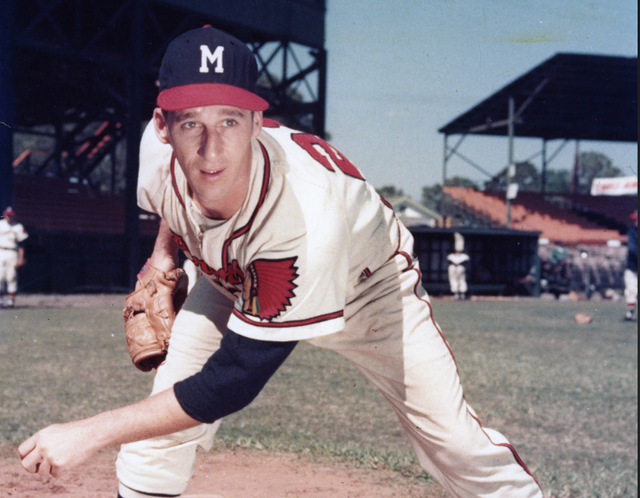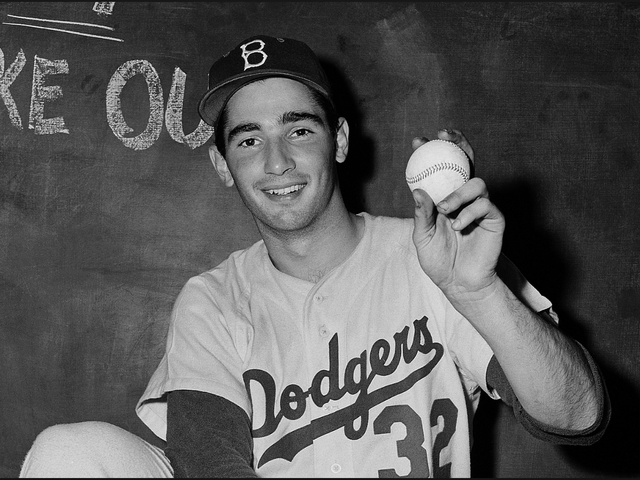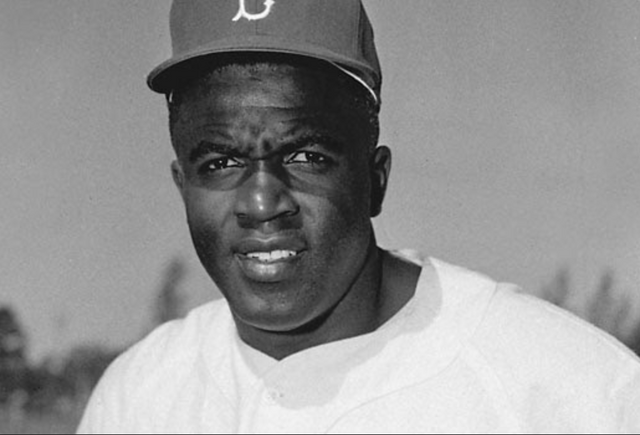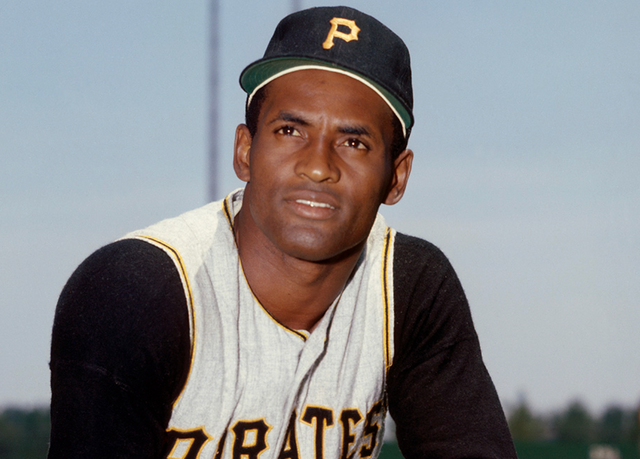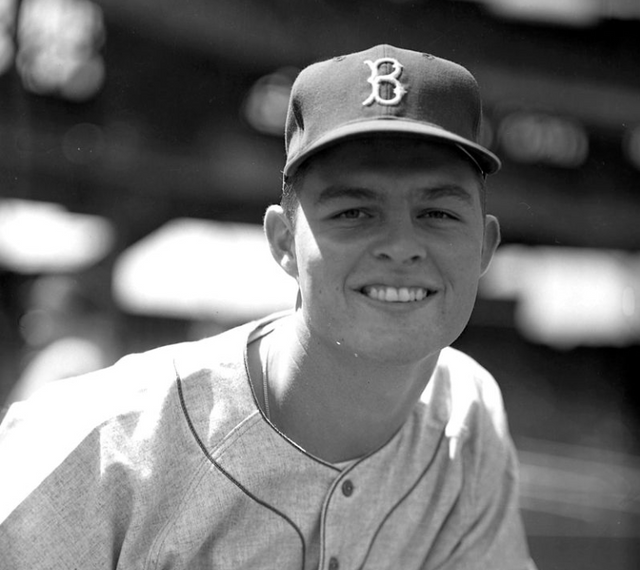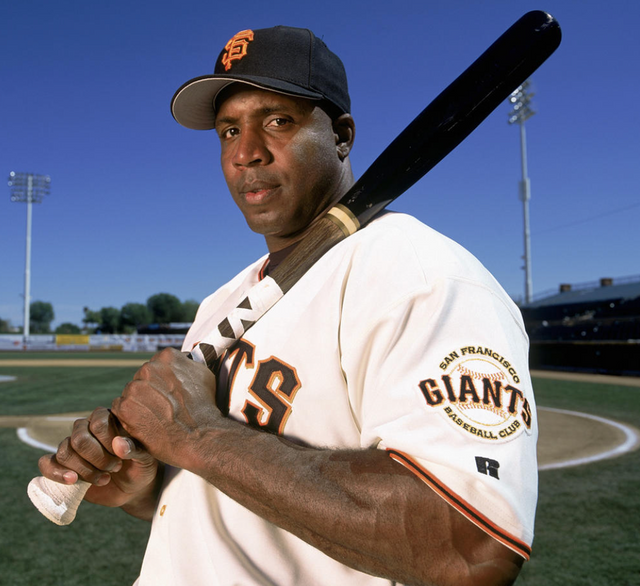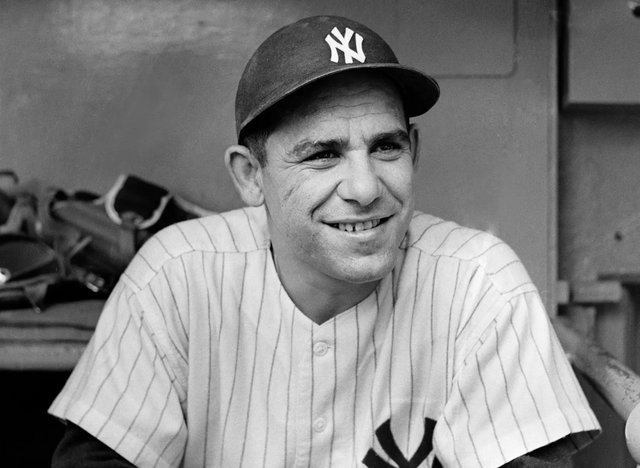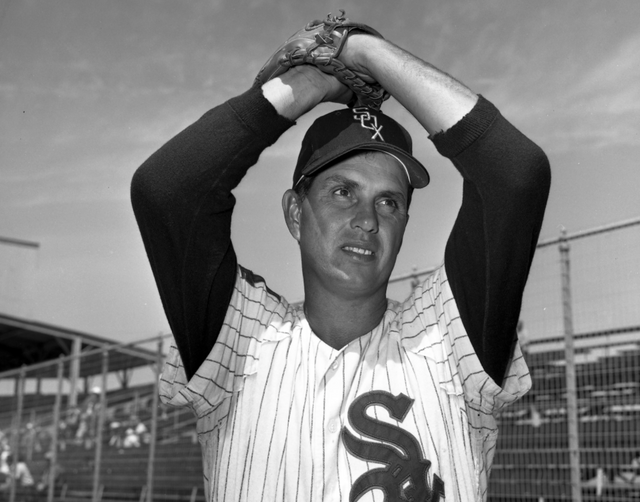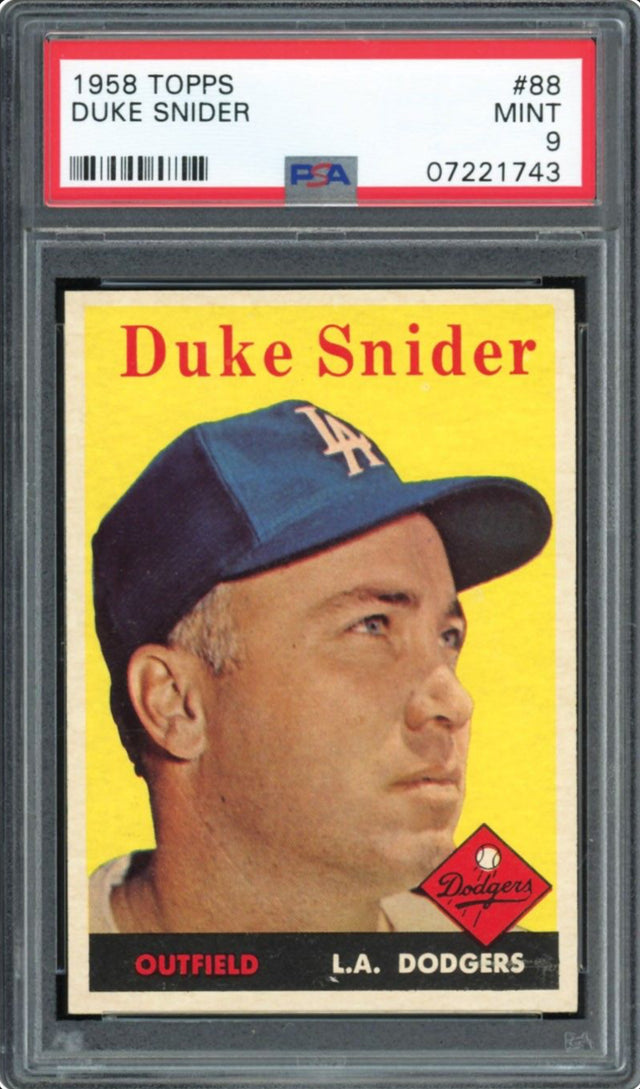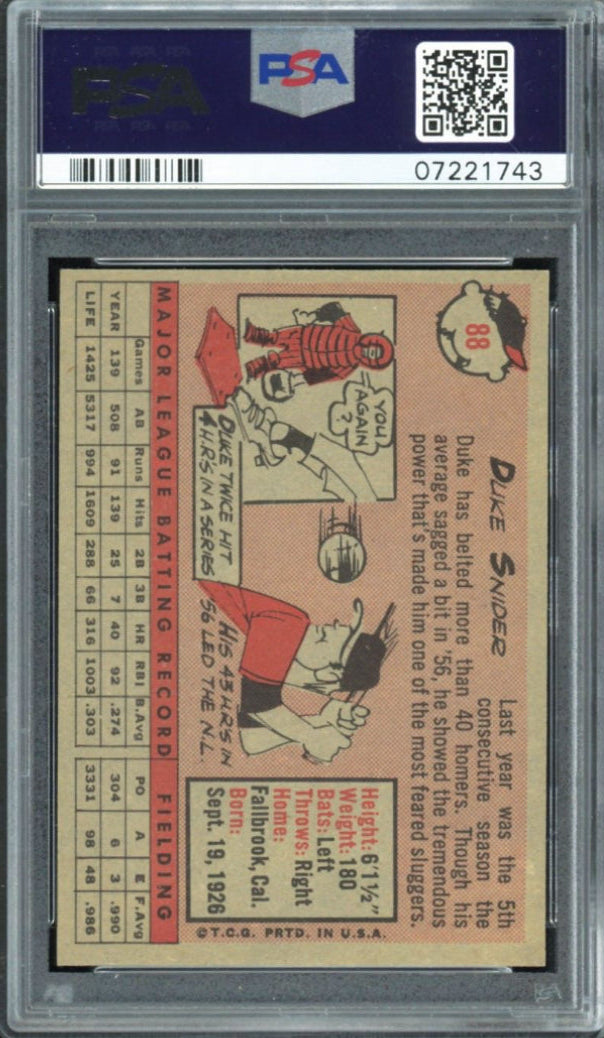Stan Mikita
The Craftsman of the Ice Who Blended Skill, Grit, and Grace

In an era of fierce competition, flashing elbows, and raw physicality, Stan Mikita carved out his legacy not with brute force, but with craftsmanship, intelligence, and fierce competitive fire. He was one of the most complete players to ever lace up a pair of skates—a center who could dominate both ends of the ice, dictate the flow of play, and still win the league’s most gentlemanly award after a career built on fire and finesse.
Small in stature but towering in presence, Mikita played with a combination of skill and edge that made him both feared and admired. He could fight through a check and then feather a pass no one else saw. He could score 40 goals and still lead the league in assists. He revolutionized the art of faceoffs, pioneered the use of the curved stick blade, and anchored the Chicago Black Hawks for over two decades as the brains and backbone of their attack.
Few players in hockey history have combined brilliance, innovation, and consistency the way Stan Mikita did. He wasn’t just a star—he was a master craftsman, and the rink was his canvas.
From Slovakia to Chicago: A Journey Across Continents and Cultures
Stan Mikita was born as Stanislav Guoth in Sokolče, Czechoslovakia in 1940. As political tensions rose in post-war Europe, his aunt and uncle, living in Canada, adopted him and brought him to St. Catharines, Ontario at the age of eight. There, his name changed, his language changed, and his life changed forever.
Like so many Canadian boys, Mikita found his new identity on the ice. Quick, cerebral, and determined, he rose through the junior ranks and soon became a standout for the St. Catharines Teepees. By 1958, he was suiting up for the Chicago Black Hawks, where he’d spend his entire 22-year NHL career.
While others bounced from team to team, Mikita became a pillar of the Black Hawks franchise, staying loyal to the city and its fans. His style evolved dramatically—from an agitator and scrapper early on to a refined playmaker and team leader. The transformation would define both his career and his enduring popularity.
Career Stats and Accomplishments
- NHL Games Played: 1,394
- Goals: 541
- Assists: 926
- Points: 1,467
- Stanley Cup Champion: 1961 (Chicago Black Hawks)
- Hart Memorial Trophy (League MVP): 2 times (1967, 1968)
- Art Ross Trophy (Leading Scorer): 4 times (1964, 1965, 1967, 1968)
- Lady Byng Trophy (Most Gentlemanly): 2 times (1967, 1968)
- First player in NHL history to win the Hart, Art Ross, and Lady Byng in the same season (did so twice)
- NHL All-Star: 9 selections
- Inducted into the Hockey Hall of Fame: 1983
- Number 21 retired by the Chicago Blackhawks
- Ranked #17 on The Hockey News’ list of the 100 Greatest Hockey Players
Defining Moments and Stories of a Quietly Revolutionary Career
The 1961 Stanley Cup Run
Mikita was just 21 years old during the Chicago Black Hawks’ 1961 Stanley Cup victory, but he was already showing flashes of stardom. His 6 goals in 12 playoff games helped push Chicago to its first Cup in 23 years. It would remain the franchise's only championship until 2010, and Mikita’s contributions were foundational to the win.
Mastering the Curve
In the early 1960s, Mikita and teammate Bobby Hull began experimenting with curving the blade of their sticks—initially a happy accident from a broken stick. They quickly realized the curve allowed for more lift, greater velocity, and unpredictable puck movement. Mikita’s shot became one of the hardest to read in the league, and curved sticks soon became the standard. It was a small change that revolutionized the way the game was played.
From Penalty Box to Lady Byng
Early in his career, Mikita was known as a scrappy, penalty-prone agitator. But by the mid-60s, he dramatically transformed his approach. From 1966 to 1968, he led the league in scoring twice and racked up fewer than 15 penalty minutes per season—winning the Hart, Art Ross, and Lady Byng trophies in consecutive years. His evolution from agitator to artist is one of the most remarkable transformations in NHL history.
Key Cards That Mark Mikita’s Storied Career
1960 Topps #14 – Rookie Card
A must-have for any serious vintage collector, this card features Mikita during his early rise with the Black Hawks. Clean and simple in design, it remains one of the hobby’s more iconic rookie cards from the era.
1967 Topps #118 – MVP Season
Issued during Mikita’s second straight MVP campaign, this card captures him at the very peak of his powers. It reflects both his statistical dominance and his refined, disciplined playing style.
1971 O-Pee-Chee #100 – Enduring Icon
A card from Mikita’s veteran years, this issue serves as a tribute to his longevity and loyalty to Chicago. Still productive and respected, Mikita was one of the last remaining links to the 1961 Cup team.
Legacy: A Complete Player Who Quietly Shaped the Modern Game
Stan Mikita’s greatness wasn’t loud. It didn’t rely on theatrics or self-promotion. It was earned, one smart shift at a time, over the course of more than two decades. He was as skilled as any forward in NHL history, yet just as comfortable grinding out a win or winning a key defensive draw.
He was one of the first truly modern centers—a playmaker with elite vision, a lethal shot, and the ability to play clean, disciplined hockey without sacrificing intensity. His faceoff mastery, curved-stick innovation, and evolution into a sportsman of the highest order made him a player’s player—respected by teammates and rivals alike.
In Chicago, he was a hero. He gave the city its first Stanley Cup in a generation and stayed loyal to the Blackhawks through every high and low. Statues of Mikita and Bobby Hull now stand outside the United Center—not just because of what they accomplished, but because of what they represented.
He played with heart, with grace, and with brilliance. And in doing so, Stan Mikita became one of the most beloved, admired, and quietly revolutionary players the sport has ever known.
-
1954 Red Heart Duke Snider PSA 8
$2,200.00( / )Unavailable -
1956 Topps Gray Back #150 Duke Snider PSA 9
$5,950.00( / )Unavailable -
1958 Topps #88 Duke Snider PSA 9
$9,950.00( / )Unavailable



